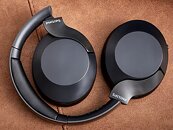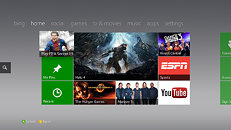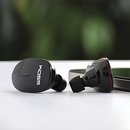CRKD Delays Shipments of Gibson Les Paul Guitar Controllers, Announces 4% Price Hike for US Market
We wanted to give you a quick update on the estimated shipping schedule for our upcoming CRKD Gibson Les Paul Guitar Controller. Over the past few weeks, we've run into some inbound component delays with our manufacturing partner—largely due to ongoing uncertainty around international tariffs and broader supply chain challenges. As a result, we're making a slight adjustment to our estimated shipping windows to finalize production and better navigate the current logistics environment.
While we've taken steps to mitigate the impact of tariffs, a portion of these costs must be passed on. All U.S. pre-orders placed before June 1 will be honored at their original price. International pricing remains unchanged at this time. All pre-orders placed before June 1 on crkd.gg—U.S. and international—will also receive a complimentary CRKD Gradient Guitar Strap and Collector's Pin.
While we've taken steps to mitigate the impact of tariffs, a portion of these costs must be passed on. All U.S. pre-orders placed before June 1 will be honored at their original price. International pricing remains unchanged at this time. All pre-orders placed before June 1 on crkd.gg—U.S. and international—will also receive a complimentary CRKD Gradient Guitar Strap and Collector's Pin.


































































